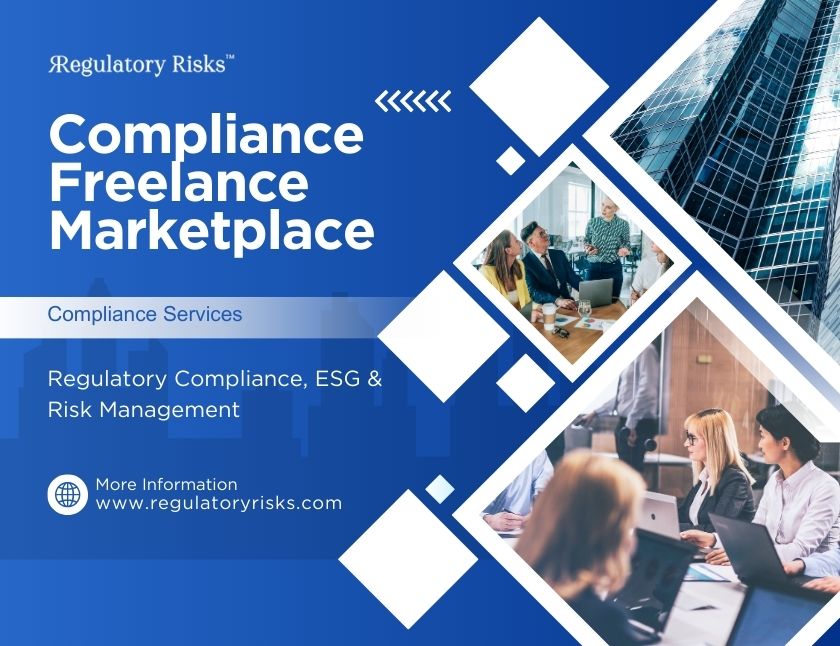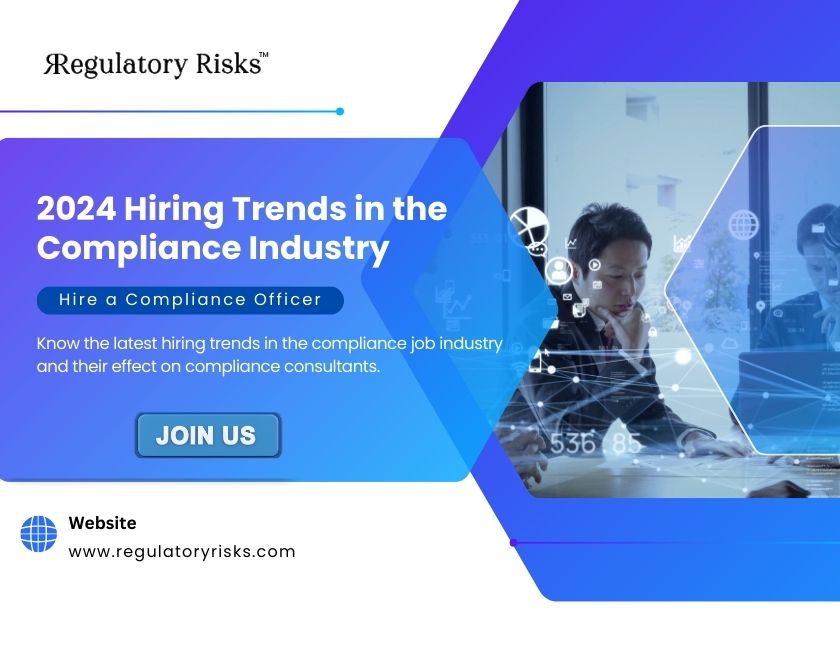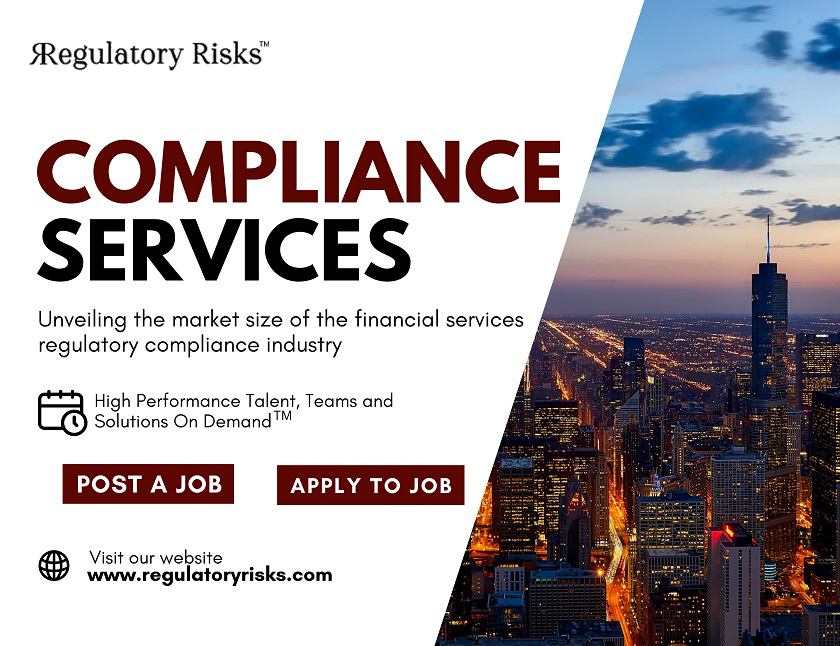In the ever-evolving world of regulatory compliance, staying ahead of the curve is crucial. The Financial Crimes Enforcement Network (FinCEN) and the Securities and Exchange Commission (SEC) recently proposed a new rule that would extend certain anti-money laundering (AML) and countering the financing of terrorism (CFT) program requirements to Registered Investment Advisers (RIAs) and Exempt Reporting Advisers (ERAs). This article explores this update.
The Proposed Rule
The proposed rule would require RIAs and ERAs to implement an AML/CFT program, file Suspicious Activity Reports (SARs) with FinCEN, keep records relating to the transmittal of funds (i.e., comply with the Recordkeeping and Travel Rule), among other obligations. This marks a significant shift in the regulatory landscape, and it’s crucial for investment advisers to understand these new requirements.
AML/CFT Program
The proposed rule would require certain investment advisers to apply AML/CFT requirements pursuant to the Bank Secrecy Act (BSA), including implementing risk-based AML/CFT programs. These programs should be designed to prevent the investment adviser from being used to facilitate money laundering or the financing of terrorist activities.
Suspicious Activity Reports (SARs)
Investment advisers would be required to report suspicious transactions that are conducted or attempted by, at, or through an investment adviser and involve or aggregate at least $5,000 in funds or other assets1. This includes transactions that the investment adviser believes may involve potential money laundering or violations of the BSA.
Recordkeeping and Travel Rule
Investment advisers would be required to create and retain records for transmittals of funds. They would also need to ensure that certain information pertaining to the transmittal of funds “travels” with the transmittal to the next financial institution.
Other Requirements
The proposed rule also includes other requirements applicable to financial institutions under the BSA and its implementing regulations. This includes the development of internal policies, procedures, and controls, the designation of a compliance officer, ongoing employee training, and independent testing of the program.
The Role of the Compliance Officer
Compliance officers at RIAs or ERAs are at the forefront of implementing these new requirements. From developing and implementing AML/CFT programs to monitoring for and reporting suspicious activity, the role of the compliance officer has never been more critical. As such, there is a growing demand for compliance services and an increase in compliance jobs.
Organizations looking to navigate these changes may find it beneficial to hire a compliance officer or a money laundering reporting officer. These professionals can provide the expertise needed to understand and implement the new requirements.
Leveraging Compliance Services
For organizations that do not have the resources to hire a full-time compliance officer, outsourcing to a compliance consultant can be an effective solution. Compliance consultants can provide a range of services, from conducting risk assessments to developing and implementing AML/CFT programs. Regulatory Risks is a compliance freelance marketplace which makes it easier and quicker for businesses to find and hire compliance consultants.
The Future of Compliance
The proposed rule represents just one aspect of the rapidly evolving regulatory landscape. As regulations continue to evolve, so too will the role of the compliance officer and the nature of compliance services.
In this context, staying informed about the latest developments is crucial. Whether you’re a compliance officer, a money laundering reporting officer, or a compliance consultant, staying up-to-date with the latest regulations will be key to your success.
Conclusion
The proposed rule by FinCEN and SEC underscores the growing importance of regulatory compliance in the investment advisory sector. As we move forward, embracing these changes will be crucial for RIAs and ERAs to ensure they remain compliant with AML/CFT requirements. Whether you’re looking to hire a compliance officer, seeking compliance services, or searching for compliance jobs, understanding and adapting to these changes will be key to navigating the future of compliance.
Regulatory Risks is a freelance marketplace that connects your business with chief compliance officers, compliance consultants and compliance services in the market. Whether you need a chief compliance officer for a short-term project or longer-term compliance jobs, Regulatory Risks is your firm’s on-demand flexible specialist resourcing solution.
The Regulatory Risks platform is easy to use, secure and transparent. You can browse through profiles of vetted and verified compliance consultants and schedule video interviews. Hire a Compliance Officer today.




